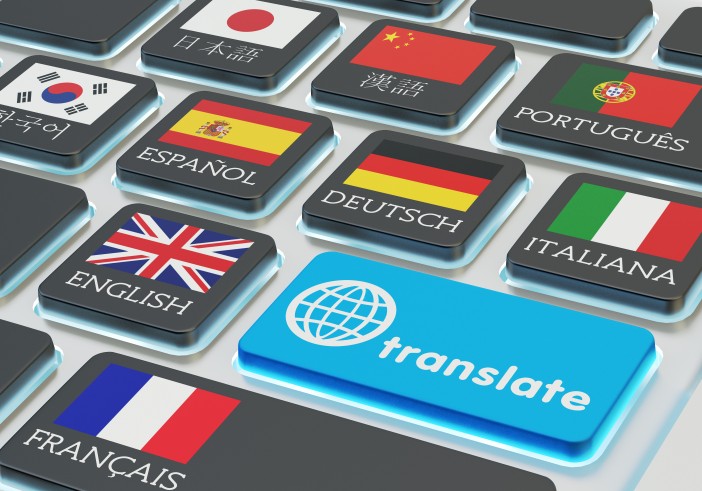
The Problem of Authentic Languages and Official Translations of the Multilateral Convention and Double Tax Treaties
The use of multiple authentic languages in international treaties, particularly in the context of double tax treaties and the Multilateral Convention (MLI), presents significant challenges and implications for treaty interpretation and application.
Historically, treaties were concluded in a single language, usually Latin or French, which limited translation costs and minimized the risk of discrepancies. However, the shift towards multilingual treaties has introduced new complexities.
The Problem of Authentic Languages and Official Translations of the Multilateral Convention and Double Tax Treaties
The use of multiple authentic languages in international treaties, particularly in the context of double tax treaties and the Multilateral Convention (MLI), presents significant challenges and implications for treaty interpretation and application.
Historically, treaties were concluded in a single language, usually Latin or French, which limited translation costs and minimized the risk of discrepancies. However, the shift towards multilingual treaties has introduced new complexities.
Historical Context
Initially, treaties were predominantly concluded in one language, which had clear advantages such as reduced translation costs and elimination of differing interpretations. Despite this, linguistic issues could still arise even when a treaty was concluded in a single language, as legal terms can have different meanings in different jurisdictions. Over time, the dominance of French as the diplomatic language waned, and treaties began to be concluded in multiple languages, reflecting the linguistic diversity of the contracting states.
The Role of Authentic Texts
In multilingual treaties, each language version can hold different legal statuses: authentic text, official text, or official translation. Authentic texts are authoritative and form the basis of treaty interpretation. Official texts and translations, while useful, do not hold the same legal authority. Article 33 of the Vienna Convention on the Law of Treaties outlines the principles for interpreting treaties authenticated in multiple languages, emphasizing that all authentic texts are equally authoritative unless stated otherwise.
Challenges and Interpretations
One major challenge with multilingual treaties is ensuring consistency across different language versions. Legal terminology and stylistic differences can lead to varying interpretations. For instance, English and French versions of a treaty might use different legal terms that, while intended to have the same meaning, could lead to divergent interpretations over time.
Case Studies
Several examples illustrate these challenges. For instance, the double tax treaty between Poland and Germany is authenticated in both Polish and German, necessitating careful comparison to ensure consistent interpretation. Similarly, the treaty between Denmark and Italy includes Danish, Italian, and English as authentic languages, with English prevailing in case of conflicts.
The MLI Context
The MLI, which modifies existing tax treaties to implement BEPS measures, is authenticated in English and French. Translations into other languages are for informational purposes only. This underscores the importance of referring to authentic texts to avoid misinterpretations and ensure compliance with international tax laws.
Conclusion
The use of multiple authentic languages in treaties is essential for accommodating linguistic diversity but introduces significant interpretative challenges. Ensuring that the authentic texts are consistently applied and interpreted is crucial for maintaining the integrity and fairness of international agreements. As we navigate these complexities, the role of authentic texts remains paramount in providing a reliable foundation for treaty interpretation and application.
Mariusz Jabłoński
KPFK Dr Piotr Rojek Sp. z o.o - Poland







